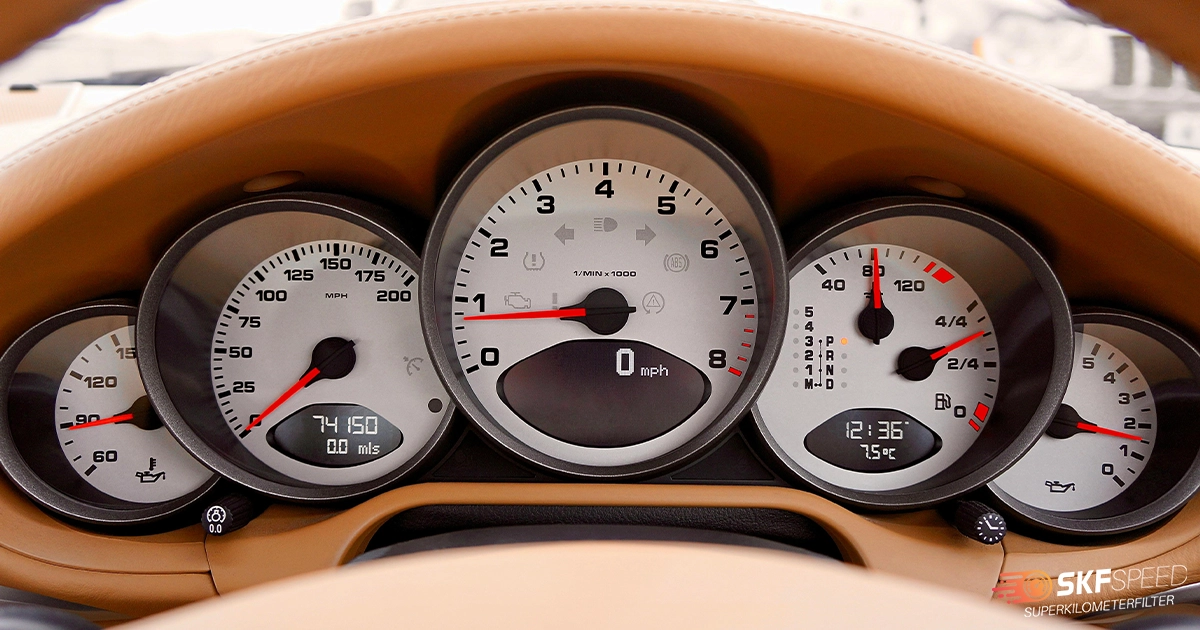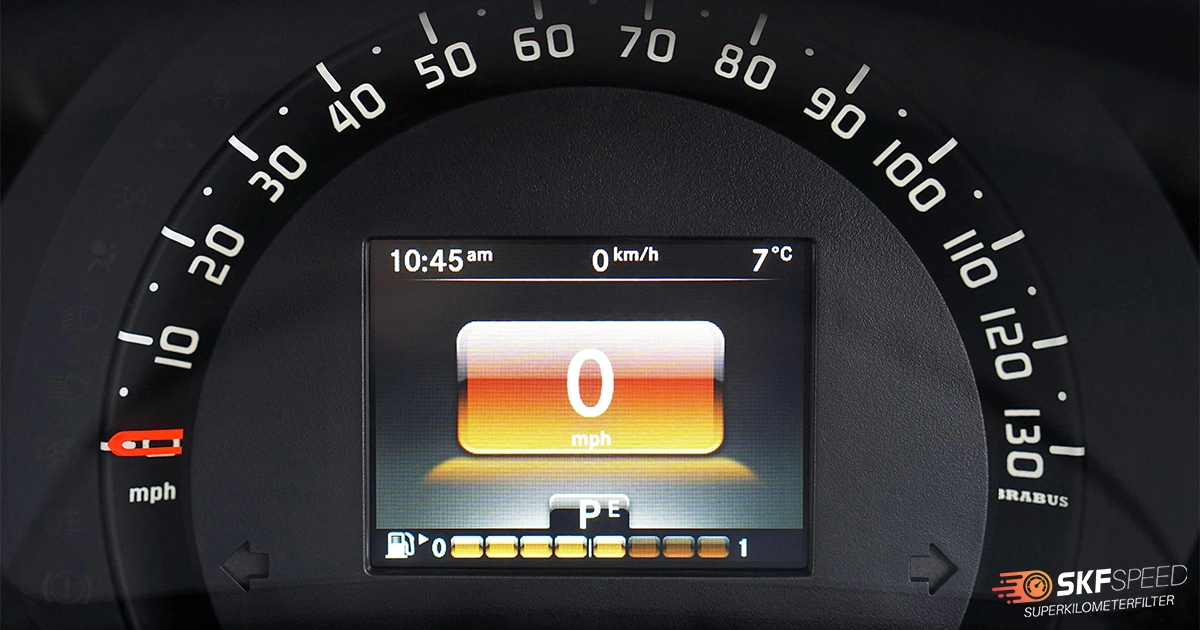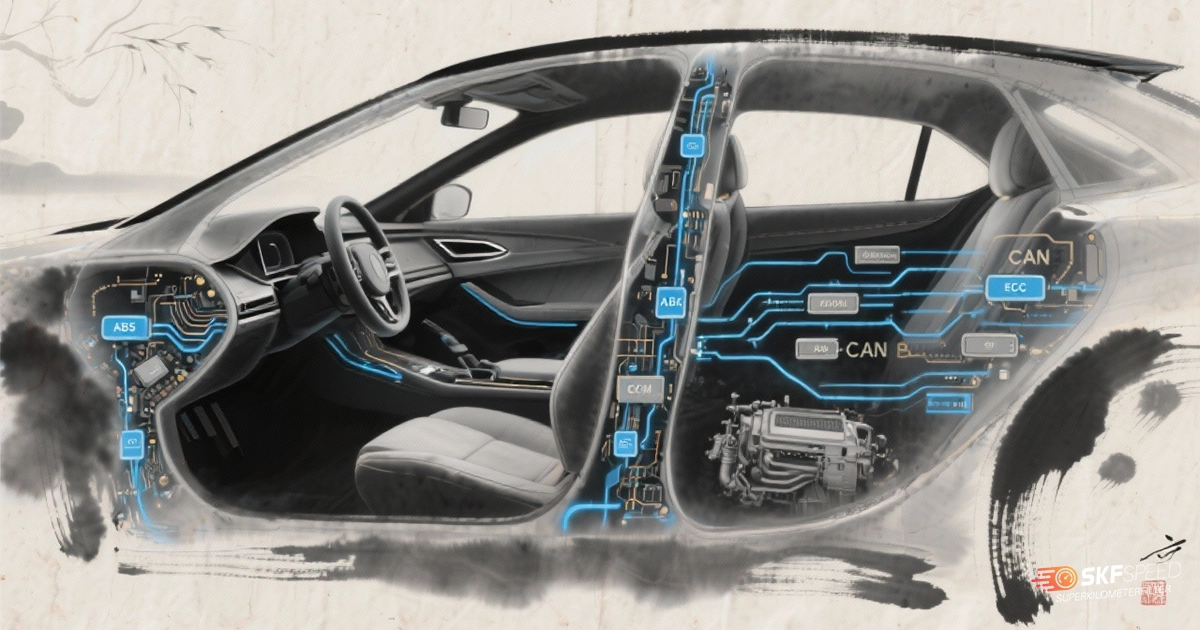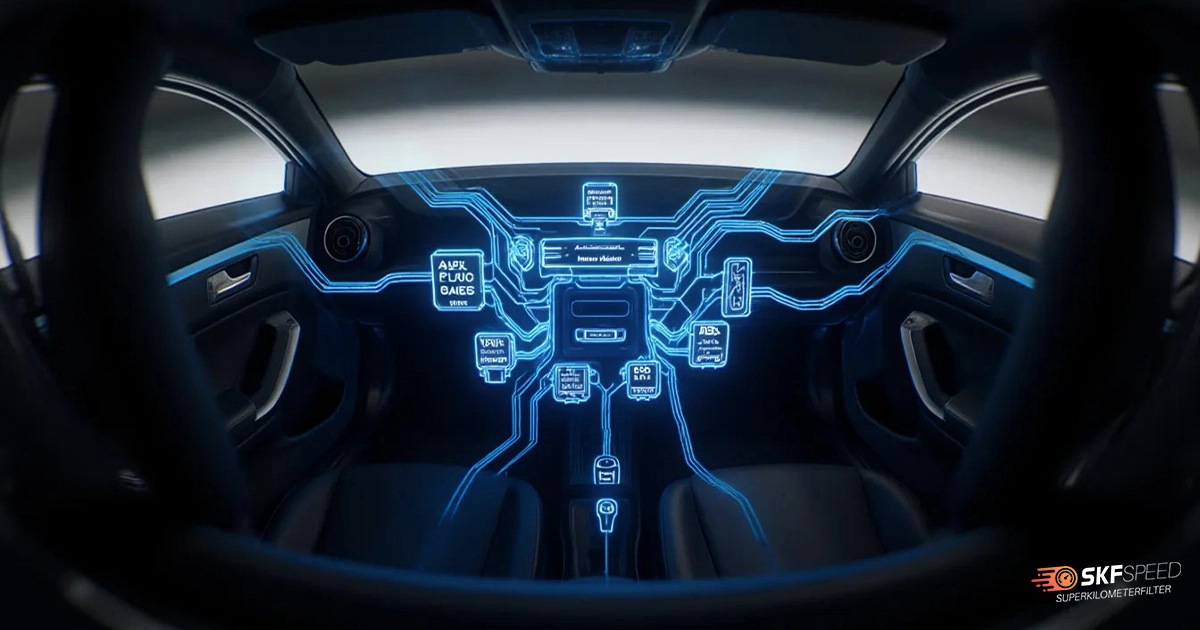
Vehicle miles are one of the most important metrics, and we always check mileage when buying a used car. However, determining real mileage can be challenging nowadays. Every seller promises that an automobile is in perfect condition, but the reality is often far from our expectations. Although car manufacturers provide recommendations and guidelines, you need to consider more aspects when buying a used car. You need to know crucial details about mileage and what to look for before buying a second-hand vehicle.
In this blog, we will discuss the importance of mileage in used cars and all the necessary information you need before purchasing.
Knowing the total and average mileage when buying a used car is important because it determines maintenance, wear and tear, fuel efficiency, resale price, and general vehicle condition. Of course, different factors may affect these elements, but the vehicle mileage is the best way to measure these results.
Let’s explore these various aspects more thoroughly and carefully analyze the role that mileage plays in each one. Examining these elements individually will help us gain a clearer understanding of how mileage influences performance, maintenance, and overall vehicle value.
Knowing a car’s mileage is essential for scheduling and following future maintenance or repair requirements. Maintenance intervals such as belt replacements, oil changes, and transmission services are required after a specific amount of mileage (e.g., 30, 60, or 100 thousand). Therefore, when you know how many miles a vehicle has covered, you can calculate when it will need servicing. For instance, many automobiles need timing belt changes after 100,000 miles, and they are usually quite expensive. A buyer needs to consider that this expenditure hasn’t been completed when buying a used car with more than 100,000 miles.
On the other hand, a vehicle with lower mileage may require less maintenance in the short term. However, the vehicle’s service history is also crucial. If it hasn’t been serviced regularly, even a car with low mileage might still need significant repairs.
Mileage significantly impacts the actual state of a vehicle’s internal parts. An automobile with high miles has most certainly seen significant wear and tear, particularly on components such as the engine, gearbox, brakes, and suspension system. These components are critical to its performance and safety.
For example, mileage when buying a used car can indicate potential issues, as engines in high-mileage vehicles might start leaking oil or losing efficiency, whereas the car’s suspension may feel softer or make sounds due to overuse. In contrast, cars with lower mileage degrade less and may be more reliable for a longer period. However, low mileage cannot guarantee the vehicle’s excellent condition. Wear and tear can be influenced by factors such as maintenance history, driving conditions, and whether the automobile was mainly used on the highway or in cities.
As vehicles age and accumulate miles, various critical components for performance and enhancing fuel efficiency begin to show signs of decline. Commonly affected parts in high-mileage cars include oxygen sensors, exhaust systems, and fuel injectors. They are essential for maintaining smooth engine operation. Over time, wear and degradation of these elements can lead to a noticeable drop in engine performance, resulting in sluggish acceleration and reduced power. Additionally, such deterioration typically diminishes fuel economy. In contrast, low-mileage vehicles, with significantly less wear, often provide a smoother driving experience.
Mileage is one of the most important factors affecting a used car’s resale value. Vehicles with higher mileage tend to depreciate quicker because they are perceived to have a shorter remaining lifespan and higher repair costs. That’s why buyers generally prefer low-mileage vehicles, believing they are in better condition and will maintain resale value. Hence, if you consider purchasing a high-mileage car, it may come at a lower initial price but could be more challenging to sell later on due to its reduced resale value.
Meanwhile, it is crucial to remember that age also influences devaluation. An older automobile with very low miles may still lose value fast. Why? Regardless of mileage, components age over time and might develop rust or material degradation. It is important to consider both miles and age for your future purchase.
General mileage statistics provide a broad insight into vehicles. It is important to know the annual average mileage when buying a used car. For ordinary vehicles, a recommended yearly mileage is 12,000 miles. If your automobile covers more than 12k on average, it’s considered to have excessive mileage.
How do you calculate average mileage? To calculate average annual mileage, divide the total mileage by the number of years. For example, if your vehicle has accumulated 80,000 miles over 5 years, you would calculate the annual mileage as follows: 80,000 miles ÷ 5 years = 16,000 miles per year. This result is higher than the average of 12,000 miles, indicating that this vehicle was driven more than the average amount.
To estimate the mileage appropriate for a specific-year-old car, multiply the number of years by 12,000 miles. For example, a 10-year-old vehicle should have 10 x 12,000 = 120,000 miles.

The role of mileage when buying a used car is important, but it isn’t the only indication of a vehicle’s condition. How the vehicle was operated, and the terrain will impact its performance. Here are the factors that you need to consider before purchasing a used car.
Neglecting to consider mileage when buying a used car can lead to several important issues that may affect your overall satisfaction and financial investment. Here are some key consequences:

The mileage blocker is an innovative solution for test drives that efficiently disables mileage tracking across all control units while leaving no trace. Unlike other mileage correction devices, it is absolutely undetectable. Since no data is retained in any control unit, even diagnostic testers cannot detect the halted mileage.
Moreover, the mileage blocker contains simple DIY installation instructions that require no specialist or advanced technological knowledge. While its installation and usage are allowed in many areas, providing false information to prospective purchasers of your used car is illegal. This module can be useful for only testing your vehicle’s performance in a controlled environment, and we do NOT recommend utilizing it for dishonest or illegal reasons. For additional assistance or questions, please reach out to customer service or check the support section.
Mileage when buying a used car is an important consideration as it indicates the vehicle’s wear, average fuel economy, maintenance, and resale value. High mileage frequently indicates major wear on components such as the engine and transmission, which can result in expensive maintenance. Calculating average mileage and analyzing the vehicle’s history could provide vital details. Therefore, try to always check mileage data and vehicle history before buying a used automobile.







Here you will find all the details about our company
Here you will find shipping and return related information
Here you will find information on all technical questions
Here you will find helpful information about installation